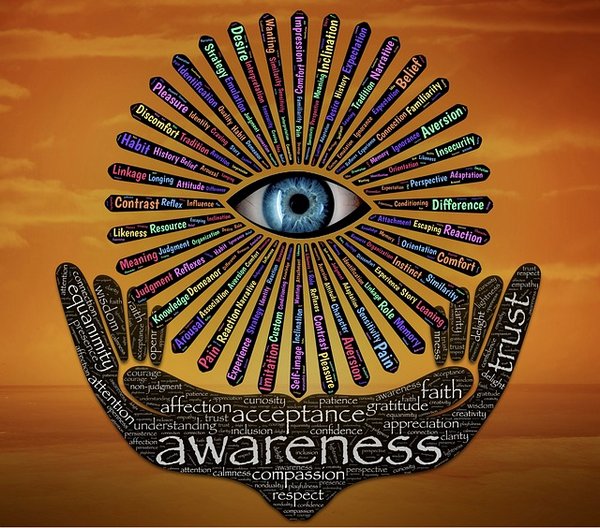One of the most difficult things for a person to understand is why someone may hurt themself through self-harm. A person may assume this behavior is self-destructive. Though the consequence of self-harm may be considered self-destructive, a person who hurts themself through self-harm is trying to survive. A person may hurt themself through self-harm to distract themself from painful emotions by focusing on the physical sensations from cutting or other forms of self-mutilation. A person who expresses feeling numb and not experiencing emotions for a significant time may self-harm in order to feel something.
When working with a person who hurts themself through self-harm, I first discuss a common faulty cognition: allowing yourself to feel negative emotions will cause overwhelmed feelings and bring irreparable damage to your life. I find that many clients fear feeling negative emotions and I talk about how allowing yourself to feel painful emotions may actually cause that emotion to dissipate. As clients are more willing and are open to experiencing their feelings, I assist them to identify and practice emotion regulation skills they can utilize when painful feelings are triggered. When working with a person who hurts themself through self-harm, I assist the client to develop healthy coping skills to replace self-harm behaviors. Clients may find that when they allow themselves to experience a painful emotion, they may also feel a positive emotion.
I find the most challenging part of working with a person who may hurt themself through self-harm is that the person often has a negative self-view. Throughout the therapy process, I attempt to help clients recognize their internal strengths. Even though it can be scary to take the risk to believe you are worthwhile, I find clients who are able to shift their self-view often feel better about themself and no longer feel the need to use self-harm.



Add Comment